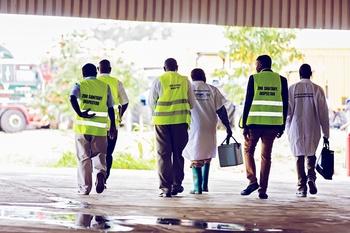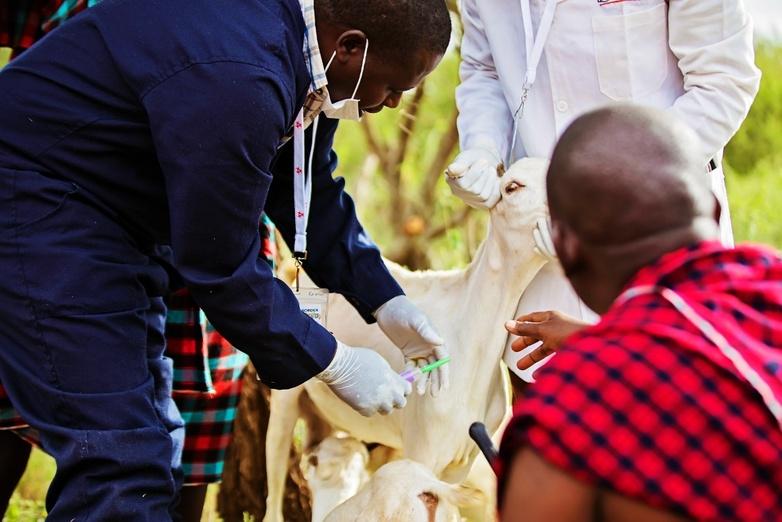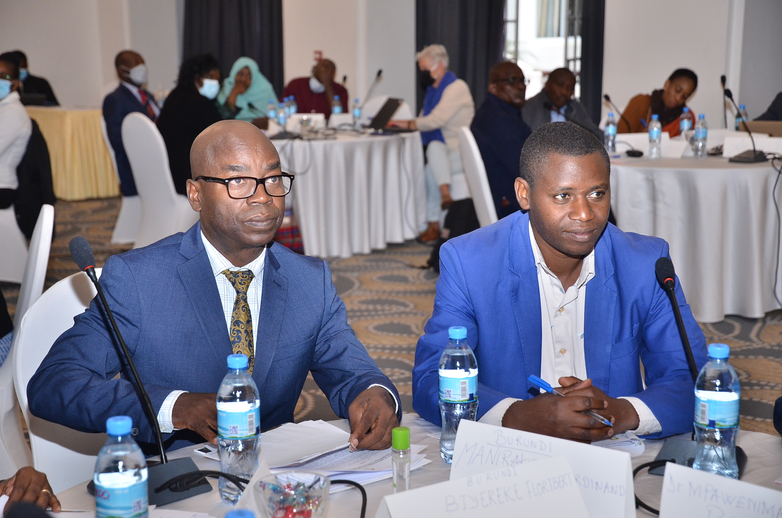Context
The East African Community (EAC) region is disproportionately affected by outbreaks of diseases associated with dangerous pathogens. Rift Valley fever, Marburg fever, dengue fever, Crimean-Congo haemorrhagic fever and yellow fever viruses, to name but a few, are endemic and pose a threat to public health with their recurring outbreaks.
The Ebola epidemic from 2014 to 2016 in West Africa and the COVID-19 pandemic have revealed that many sub-Saharan countries lack the resources to respond quickly, effectively and across borders to outbreaks of infectious diseases.
The countries of the East African Community are considered to be at risk due to the fragility of their healthcare systems and the large number of naturally occurring viruses and bacteria with pandemic potential.
Objective
The spread of dangerous infectious diseases is prevented because the Secretariat of the East African Community and its partner countries are able to respond more quickly and effectively to outbreaks of dangerous infectious diseases and epidemics.



